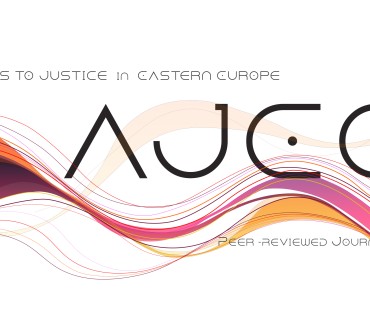Summary: 1. Introduction. – 2. Methodology. – 3. The Greenwashing as a Legal Concept. – 4. The Greenwashing Preventive Measures. – 5. Legal Liability for Greenwashing Activities. – 6. Conclusion.
Background. This article analyses greenwashing as an evolving legal concept in the EU financial sector. While the topic is studied across disciplines, a legal-theoretical perspective is applied here, arguing that within the EU regulatory framework, greenwashing is primarily defined and developed through "soft law" instruments such as regulatory guidance, interpretative materials, and supervisory opinions, rather than consolidated in binding legal acts.
Methods. The research employs a legal-doctrinal approach supported by qualitative analysis combining linguistic, logical, and systematic interpretation of EU legislation with a review of supervisory authority reports, national laws, and selected court cases. This assessment is further complemented by academic and policy research.
Results and Conclusions. EU legal acts do not provide a consolidated definition of "greenwashing" that applies uniformly to all market participants and stakeholders. Given its open-ended nature, specific liability for greenwashing activities is not clearly established in the laws regulating financial market participants’ activities, leaving uncertainty about what kind of liability may be imposed. The analysis concludes that key features for avoiding greenwashing include transparency, accountability, certainty, and clarity (reliability), and good governance by financial market participants. Liability may be imposed indirectly through other legal provisions, such as consumer protection, misleading advertising, or environmental law. Enforcement practice suggests that reputational risk often outweighs formal sanctions, with supervisory and law enforcement bodies assuming broader roles.

